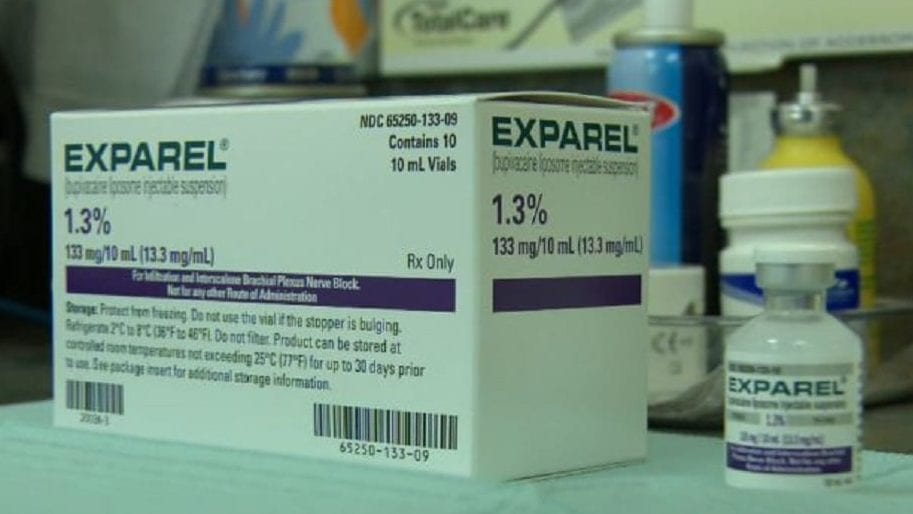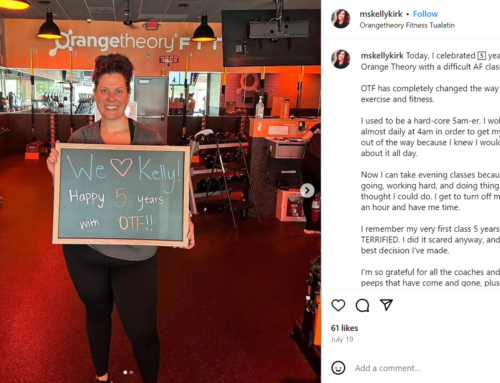TUCSON- Local oral surgeons are making it their mission to help tackle the opioid epidemic.
Doctors Adam Kaiser and Jay Schmidt, oral surgeons in Tucson, said that a common place people access narcotics is from surgeries.
“Our typical case of say wisdom teeth or larger oral surgery kind of cases, typically involves during the procedure a patient gets numb with a local anesthetic so most of the time during the procedure they are pretty comfortable. Our concern is after the procedure,” Kaiser said. “How are we going to control their pain level?”
Kaiser said that they typically have patients use over the counter medications and have instructions for prescription narcotics depending on the level of surgery.
“Sometimes we get patients that are so overly concerned about managing their pain that they may jump from the over the counter medications to the prescription narcotics,” Kaiser said.
A local oral surgeon said that Exparel, a non-opioid alternative acting like a long-lasting anesthetic, can provide pain relief for up to 90 hours, which is above the 72 hour pain period people with wisdom teeth extraction typically experience @kvoa https://t.co/zFNnP6Ij8w
— Priscilla Casper KVOA (@PriscillaCasper) August 23, 2019
He explained that if a patient has a history of addiction in the family, narcotics can have a stumbling effect.
However, Kaiser and Schmidt said that an alternative now becoming popular is Exparel, a non-opioid option that acts like a long-lasting anesthetic.
“What this medication does is actually local anesthetic kind of coated with a fat cell and over time that fat cell breaks down and releases a little bit of that medication,” said Kaiser. “So instead of having a pump that you have to press, a button or somebody has to release a valve, it actually slowly degrades over time and disperses the medication into the surgical site.”
He said that this can provide pain relief for up to 90 hours, which is above the 72 hour pain period people with wisdom teeth extraction typically experience.
Exparel makes the surgical or drilling sight numb, while opioids produce side effects on the whole body.




